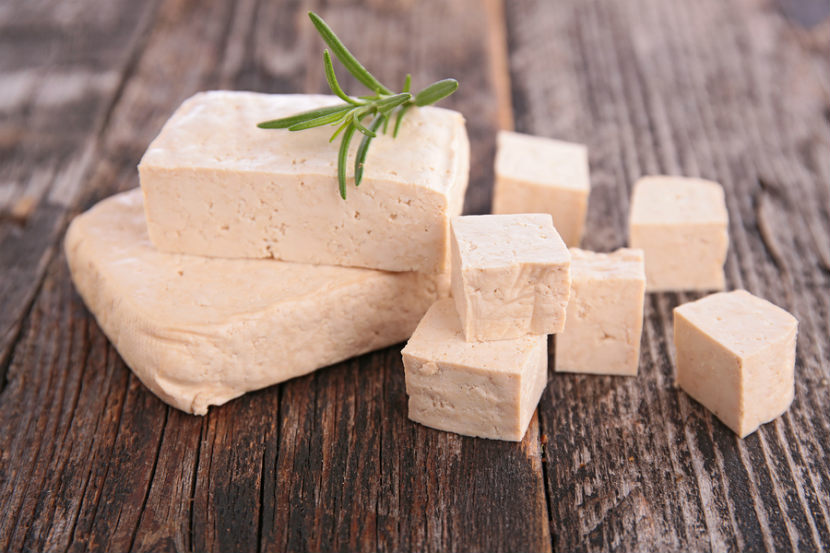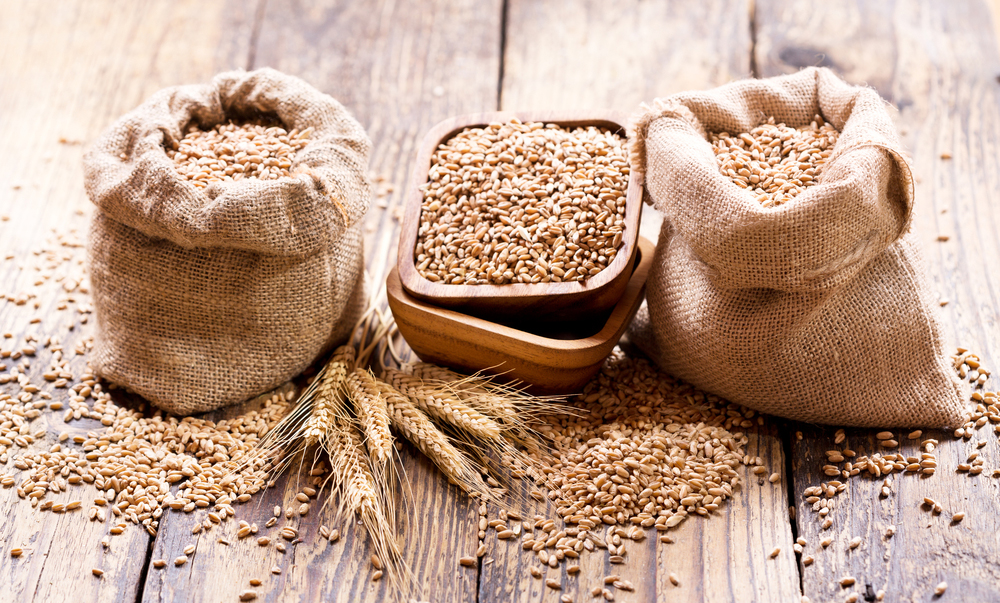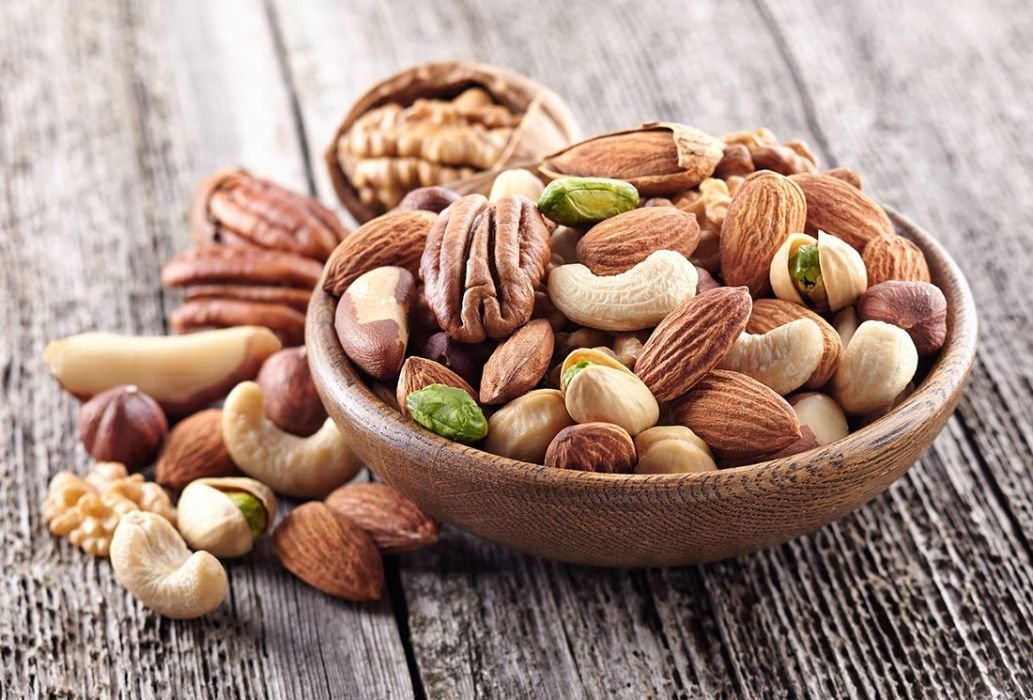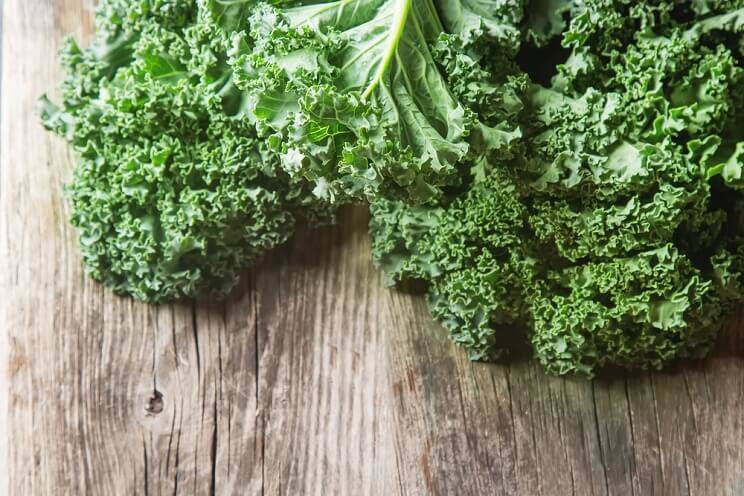“If you’re a vegetarian, there are a bunch of foods that you should make sure you eat, to ensure a balanced diet. Here’s our eight:”
Tofu
Plain tofu is a great source of protein, zinc, iron, and it even contains some cholesterol-lowering omega-3 fatty acids. It also gives you calcium andvitamin D, which helps your body absorb the calcium—an extra bone-building punch that many people need. Enriched soymilk, too, which is also fortified with calcium and vitamin D.
The caveat with tofu is that it can mimic oestrogen in the body, which on the whole is not good for men or women, so try not to eat in large quantities. Try fermented tofu, tempeh, instead.
Lentils
Lentils, like beans, are part of the legume family, and like beans, they're an excellent source of protein and soluble fibre. But lentils have an edge over most beans; they contain about twice as much iron. They're also higher in most B vitamins and folate, which is especially important for women of childbearing age, as folate reduces the risk for some birth defects. For new vegetarians, lentils are also the perfect way to start eating more legumes because they tend to be less gassy.
Beans
A cup a day gives you about one-third of your iron and protein and roughly half your fibre. Even better, most of that is soluble fiber, which helps lower cholesterol. One cup also provides a good amount of potassium, zinc and many B vitamins, and some calcium too. Just rinse canned beans well as they can be soaked in salt.
It was once thought that to get a complete protein, you needed to combine beans with grains (rice, pasta, bread) at the same meal. Now we know you just have to eat them during the same day.
Nuts
They're a quick, palatable protein. In additon, walnuts, peanuts, almonds, cashews, pecans, macadamias and Brazil nuts are rich in zinc, vitamin E and omega-3 fatty acids. Some, like almonds, even provide a decent amount of calcium. Recent studies show that even though nuts are high in calories, eating them does not lead to weight gain, in fact, people who eat nut-rich diets tend to weigh less than those who don'tThere are also hints that nuts increase the amount of fat that passes through the digestive tract, which might explain nut-linked weight loss.
Different nuts give you different nutrients. For example, a half cup of almonds provides about four times as much fibre as the same amount of cashews. Cashews, however, contain about twice as much iron and zinc as almost any other nut. Pecans and walnuts tend to land right in the middle for most nut nutrients—potassium, magnesium, zinc and calcium. Sprinkle them in salads, or keep a bag of mixed nuts in your desk or bag. Garnish smooth soups with crunchy whole nuts, stir chopped nuts into muffins and add crushed nuts to pie crust.
Grains
Some whole-grain cereals are fortified with hard-to-get vitamin B12—some even offer 100 percent of a day's requirement in one serving—as well as iron, calcium and many other nutrients. Keep in mind that if you don't eat eggs or dairy, you'll have to take a B12 supplement to make sure you're getting enough. As a group, cereals and other whole-grain foods (whole wheat breads and pastas, brown rice, etc.) are also high in other B vitamins, zinc and, of course, insoluble fibre, which not only helps whisk cholesterol out of your system but may reduce your risk of colon cancer and other digestive disorders. Also try some of the ancient grains; quinoa, spelt, farro, amaranthe—which are now widely available.
Leafy Greens
Unlike most vegetables, dark leafy greens such as spinach, broccoli, kale, Swiss chard and collards contain healthful amounts of iron; especially spinach, which has about 6 grams or about one-third of a day's supply. They're also a great source of cancer-fighting antioxidants; are high in folic acid and vitamin A; and they even contain calcium, but in a form that's not easily absorbed. Cooking greens and/or sprinkling them with a little lemon juice or vinegar makes the calcium more available to your body.
Always try to eat iron-rich foods with foods that are high in vitamin C because the C helps your body absorb the iron. With dark leafy greens, this comes naturally—just toss them into salads with yellow and red peppers, tomatoes, carrots, mandarin oranges or any citrus. Or if you prefer your veggies cooked, sauté a couple of cups of greens in some seasoned olive oil with sweet peppers, garlic and onion.
Seaweeds
Besides being a terrific source of iron and phytochemicals, many seaweeds such as dulse, kelp, nori, spirulina and agar, are good sources of minerals, including magnesium, calcium, iodine, iron and chromium, as well as vitamins A, C, E and many of the Bs. Definitely superfoods!
Add to salads or sandwiches, sauté with other vegetables or use it in soups. Use nori sheets as the wrappers for vegetarian sushi. Toast kelp, and crumble it on pasta or rice, or add it to noodle soups. Browse through Japanese or Korean markets to find seaweeds to sample.
Dried Fruits
They're good, super-convenient sources of iron and if you combine them with some mixed nuts, you've got a packet of iron and protein you can take anywhere easily. In addition, dried fruits, think apricots, raisins, prunes, mangos, pineapple, figs, dates, cherries and cranberries provide a wide array of minerals and vitamins as well as some fibre. And even kids love to snack on them.
Sprinkle them on salads, or blend with nuts and seeds to make your own favorite snack mix. Chopped up, dried fruits make healthful additions to puddings, fruit-based pie fillings, oat bars, cookies, hot and cold cereals, just don’t go overboard as they are high in sugar.
Seeds
Seeds are a great source of vitamins, minerals and protein. Chia seeds contain iron, folates (which boosts your immune system and may prevent cancer) and Omega 3s, sunflower seeds are packed full of Vitamin E, sesame seeds are high in protein and a good source of zinc. Others to incorporate are pumpkin (full of B vits and minerals) & hemp seeds which contain all 20 digestible amino acids and all nine essential amino acids. They contain high levels of EFAs, with abalanced 3:1 ratio of omega 3 &6, andare a rich source of phytonutrients. Great in salads and smoothies!
And Don’t Forget…
….Potatoes, sweet potatoes, carrots and turnip. Not to mention onion and garlic for awesome flavour. These veg satiate carb cravings in small doses and are packed full of vitamins, minerals and nutrients which help to stave off colds and flu.







